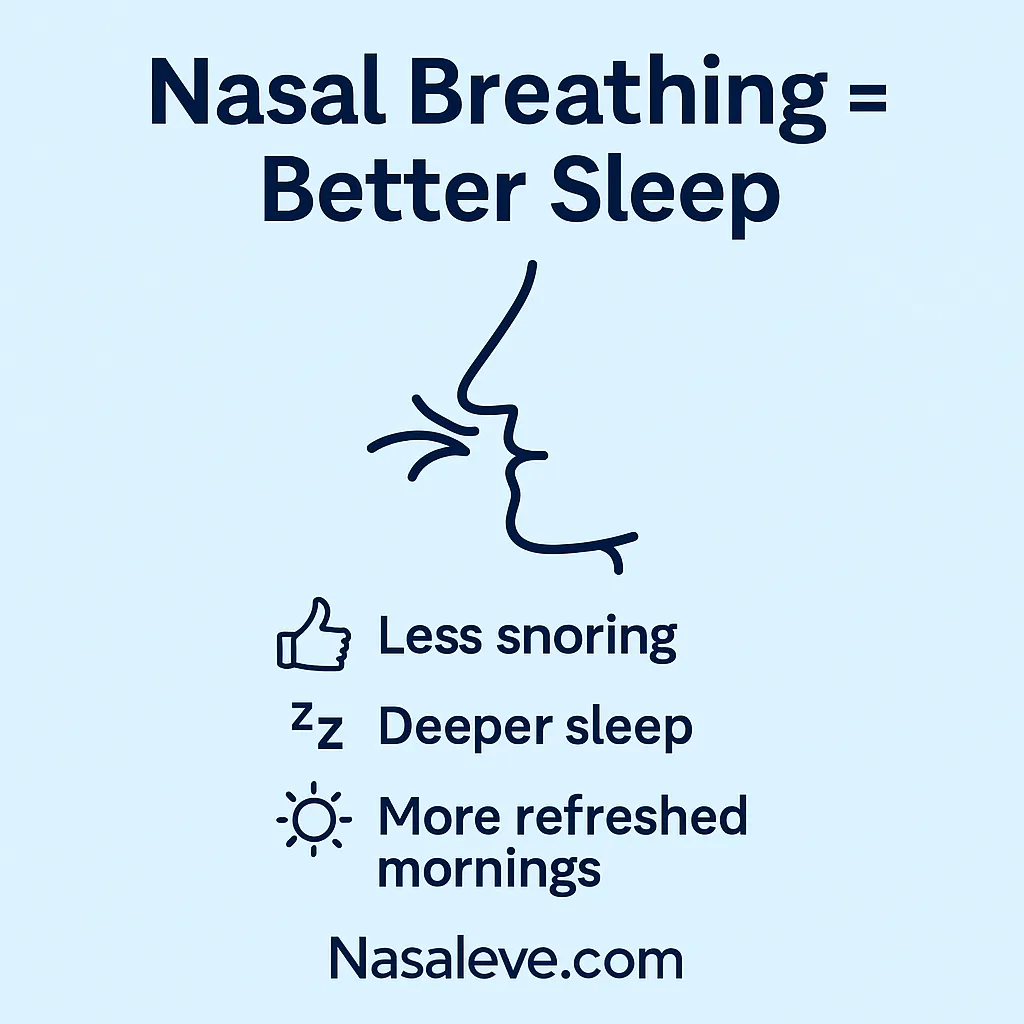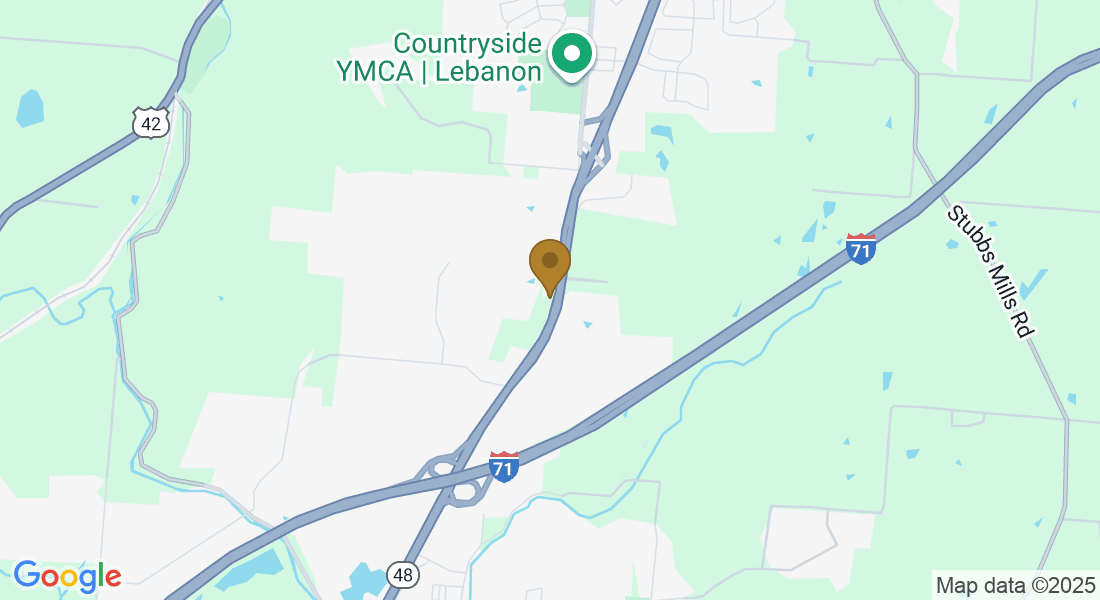
How Nasal Breathing Improves Sleep Quality
Introduction
We all know sleep is essential — but what many don’t realize is that how you breathe while you sleep can make or break the quality of your rest. If you often wake up groggy, dry-mouthed, or still exhausted after eight hours in bed, the culprit may not be the length of your sleep — but the way you’re breathing during it.
Switching from mouth breathing to nasal breathing at night can dramatically improve sleep quality. Here’s why.
Why Mouth Breathing Disrupts Sleep
Breathing through your mouth while you sleep does more harm than you might think:
Snoring – Air rushes through the mouth, vibrating soft tissues in the throat.
Sleep fragmentation – Repeated disruptions can keep you from reaching restorative deep sleep.
Dryness – Mouth breathing dries out your throat, often causing you to wake up parched.
Lower oxygen efficiency – Mouth breathing tends to be shallow, meaning your body works harder for less oxygen.
Over time, this adds up to poor sleep, daytime fatigue, and even increased risk of conditions like sleep apnea.
Why Nasal Breathing Is Superior at Night
Your nose is built for breathing — especially during rest. Here’s what happens when you switch to nasal breathing while you sleep:
Filtered air – The nose traps dust and allergens, preventing irritation that can disrupt sleep.
Humidified airflow – Nasal passages add moisture, preventing dryness and sore throats.
Regulated oxygen flow – The nasal valve provides gentle resistance, which helps your lungs absorb oxygen more efficiently.
Nitric oxide release – Breathing through the nose produces nitric oxide, which improves circulation and oxygen delivery throughout the body.
Reduced snoring – By keeping airflow stable, nasal breathing can minimize noisy, disruptive vibrations.
The Sleep Benefits of Nasal Breathing
Making the switch to nasal breathing can bring noticeable improvements:
Deeper, more restorative sleep
Less snoring and fewer nighttime wake-ups
Improved morning energy and alertness
Better focus and mood throughout the day
Lower risk of sleep-disordered breathing problems
Simply put: nasal breathing helps your body rest the way it was designed to.
Why People Struggle With Nasal Breathing at Night
If nasal breathing is so beneficial, why don’t more people naturally do it? The answer: nasal obstruction.
Common causes include:
Allergies or swelling in the nasal passages
Deviated septum
Nasal valve collapse (when the narrowest part of the airway caves in during inhalation)
When the nose feels blocked, the body defaults to mouth breathing — even if it’s less efficient.
Supporting Nasal Breathing Naturally
Solutions like sprays or surgery don’t always address the underlying cause. That’s where innovative, non-invasive supports like Nasaleve can help. By gently supporting the nasal valve laterally (from the sides), Nasaleve helps keep your airway open exactly where collapse often happens — allowing natural nasal breathing to return, night after night.
The result? More airflow, less snoring, and better sleep without relying on invasive procedures or bulky devices.
Final Thoughts
If you’ve been waking up tired, snoring heavily, or relying on mouth breathing while you sleep, your nose may be the missing piece. Nasal breathing supports oxygen efficiency, restores deep sleep cycles, and helps you wake up refreshed.
Don’t just sleep longer — sleep better by breathing the way nature intended.
Call to Action:
👉 Want to experience deeper sleep through natural nasal breathing? Learn more at Nasaleve.


